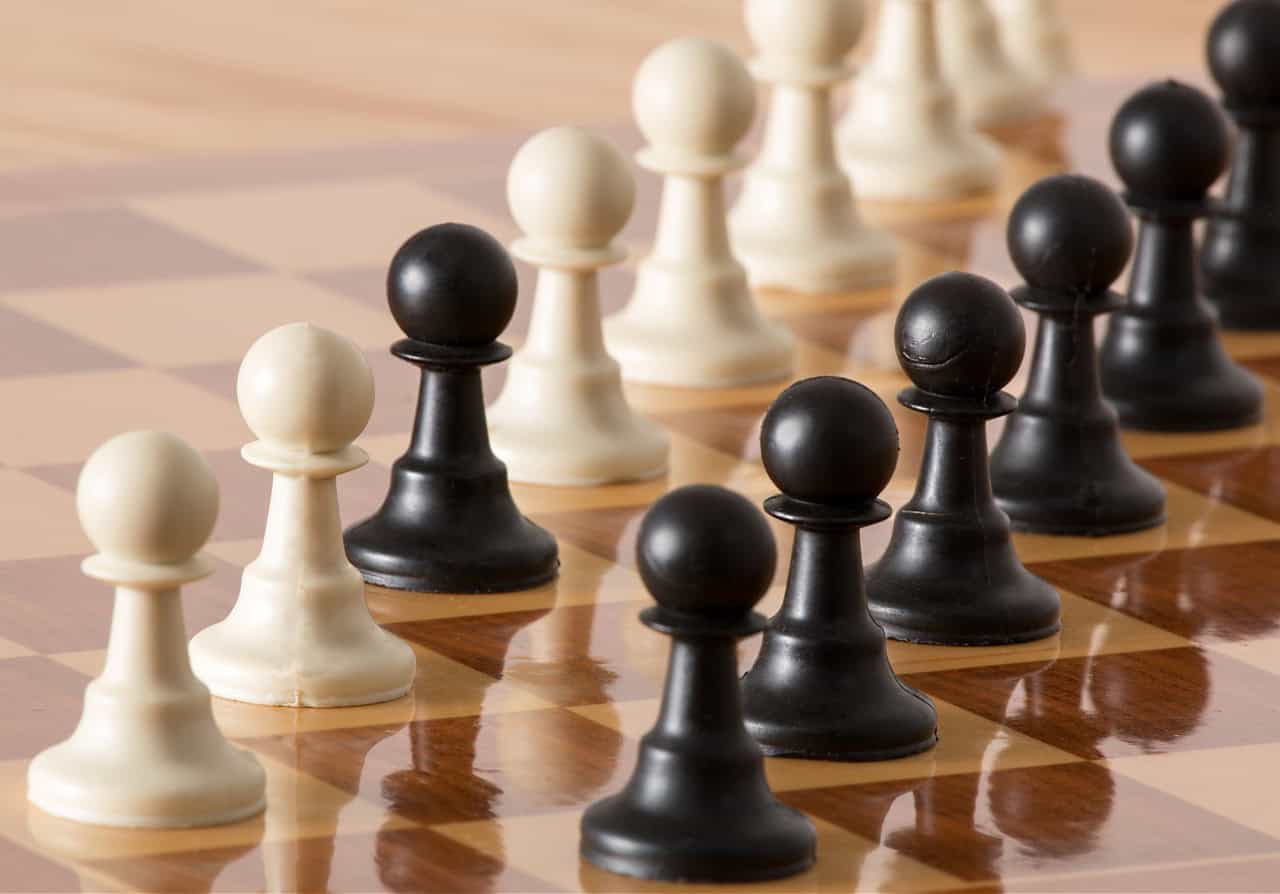It’s All About Discipline: Your Guide to Building Self-Control and Achieving Success
Estimated reading time: 6 minutes
- Discipline is essential for success in personal development, education, and sports.
- Self-discipline is a continuous process of self-control and personal growth.
- Effective strategies include setting clear goals, establishing routines, and practicing mindfulness.
- Implementing discipline leads to benefits such as focus, better decision-making, and resilience.
- Utilize resources from Discipline Builder to enhance your discipline skills.
Table of Contents
- Building Discipline: An Overview
- Self-Discipline
- Classroom Discipline
- Sports Discipline
- Benefits of Discipline
- Practical Takeaways for Building Discipline
- How Discipline Builder Can Help
- Call to Action
- FAQ
Building Discipline: An Overview
Self-Discipline
Self-discipline is the foundation upon which personal growth is built. It is an ongoing process involving the cultivation of practices and mindsets that allow individuals to take control of their behavior, thoughts, and emotions to achieve their objectives. According to research from BetterUp, self-discipline is not a one-time achievement but a continuous journey. Here are some key strategies for developing self-discipline:
- Setting Clear Goals: Writing down your long-term aspirations and devising a detailed plan is essential in maintaining focus. By establishing concrete objectives, you create a roadmap that guides your journey (BetterUp), (Reclaim).
- Creating Habits and Routines: Consistency breeds success. By establishing daily habits and routines, you can make practicing self-discipline more effortless over time (Reclaim).
- Practicing Self-Awareness: Understanding your impulses and triggers can significantly enhance your decision-making process. By cultivating self-awareness, you become better equipped to exercise control over your behavior (Positive Psychology).
- Implementation Intention: Creating specific if-then plans helps bridge the gap between intention and action. For example, if you want to resist the urge to procrastinate, then commit to working for 25 minutes at a time (Positive Psychology).
Classroom Discipline
In educational contexts, discipline plays a critical role in maintaining order and facilitating effective learning environments. Educators can promote positive discipline by employing strategies such as:
- Being Fair and Consistent: Establishing clear rules and ensuring that consequences align with school policies helps foster a sense of security among students (WEAC).
- Respecting Students: Cultivating mutual respect between teachers and students encourages a constructive classroom atmosphere and motivates students to adhere to discipline (WEAC).
- Engaging Students: Making lessons enjoyable and relevant can significantly minimize disruptions and enhance the overall discipline within the classroom (WEAC).
Sports Discipline
In the realm of sports, discipline is fundamental for both the development of athletes and the promotion of teamwork and accountability. Coaches can utilize positive discipline strategies such as:
- Establishing Authority Early: Developing a structured environment from the onset creates a conducive atmosphere for maintaining discipline (Rutgers Youth Sports).
- Getting to Know Athletes: Understanding individual athletes’ personalities allows coaches to tailor their interactions, making discipline measures more effective (Rutgers Youth Sports).
- Using Constructive Feedback: Providing specific and constructive feedback optimizes performance while fostering a supportive environment (Rutgers Youth Sports).
Benefits of Discipline
Discipline is not merely about enforcing rules; it is the steady commitment that drives individuals towards long-lasting success. Here are some benefits of cultivating discipline in your life:
- Maintain Focus: Self-discipline enables you to overcome distractions and stay committed to your goals (Reclaim).
- Make Better Decisions: With discipline, you’re able to prioritize long-term success over short-term gratification, leading to more informed choices (BetterUp).
- Build Resilience: A disciplined mindset fosters resilience, equipping individuals to navigate challenges and setbacks more effectively (Reclaim).
Practical Takeaways for Building Discipline
To harness the power of discipline in your life, consider implementing the following strategies:
- Define Your Goals: Begin by writing down your short-term and long-term goals. Make them specific and achievable.
- Establish a Routine: Create a daily or weekly schedule that aligns with your goals. Stick to it, even when motivation wanes.
- Practice Mindfulness: Incorporate mindfulness exercises into your day to enhance self-awareness and impulse control.
- Leverage Accountability: Share your goals with someone who can help hold you accountable, be it a friend, mentor, or coach.
- Reflect and Adjust: Regularly assess your progress. Reflect on what works and what doesn’t, and adjust your strategies accordingly.
How Discipline Builder Can Help
At Discipline Builder, we understand the integral role that discipline plays in achieving personal and professional success. Our expertise is rooted in helping individuals cultivate self-discipline through practical tools, coaching, and resources. By leveraging our offerings, you can embark on a structured journey to enhance your focus, improve your decision-making, and build resilience.
Call to Action
Ready to take the next step in building your discipline? Explore our rich collection of resources and insights available on our website. Join our community of learners committed to growth and accountability. Together, let’s unlock your potential!
Legal Disclaimer: This blog post is for informational purposes only and should not be construed as professional advice. Please consult a qualified professional before acting on any advice presented.
By internalizing the principles of discipline, combining consistent practice with focused strategies, you can position yourself for lasting success in all arenas of life. Remember, it’s all about discipline!
FAQ
Self-discipline is the ability to control one’s emotions, behavior, and desires in the face of external demands to achieve a greater goal.
To improve discipline, set clear goals, establish routines, and practice self-awareness and mindfulness.
Discipline in sports is crucial for skill development, teamwork, and achieving both individual and team goals.
Being disciplined helps maintain focus, make better decisions, and build resilience in the face of challenges.
